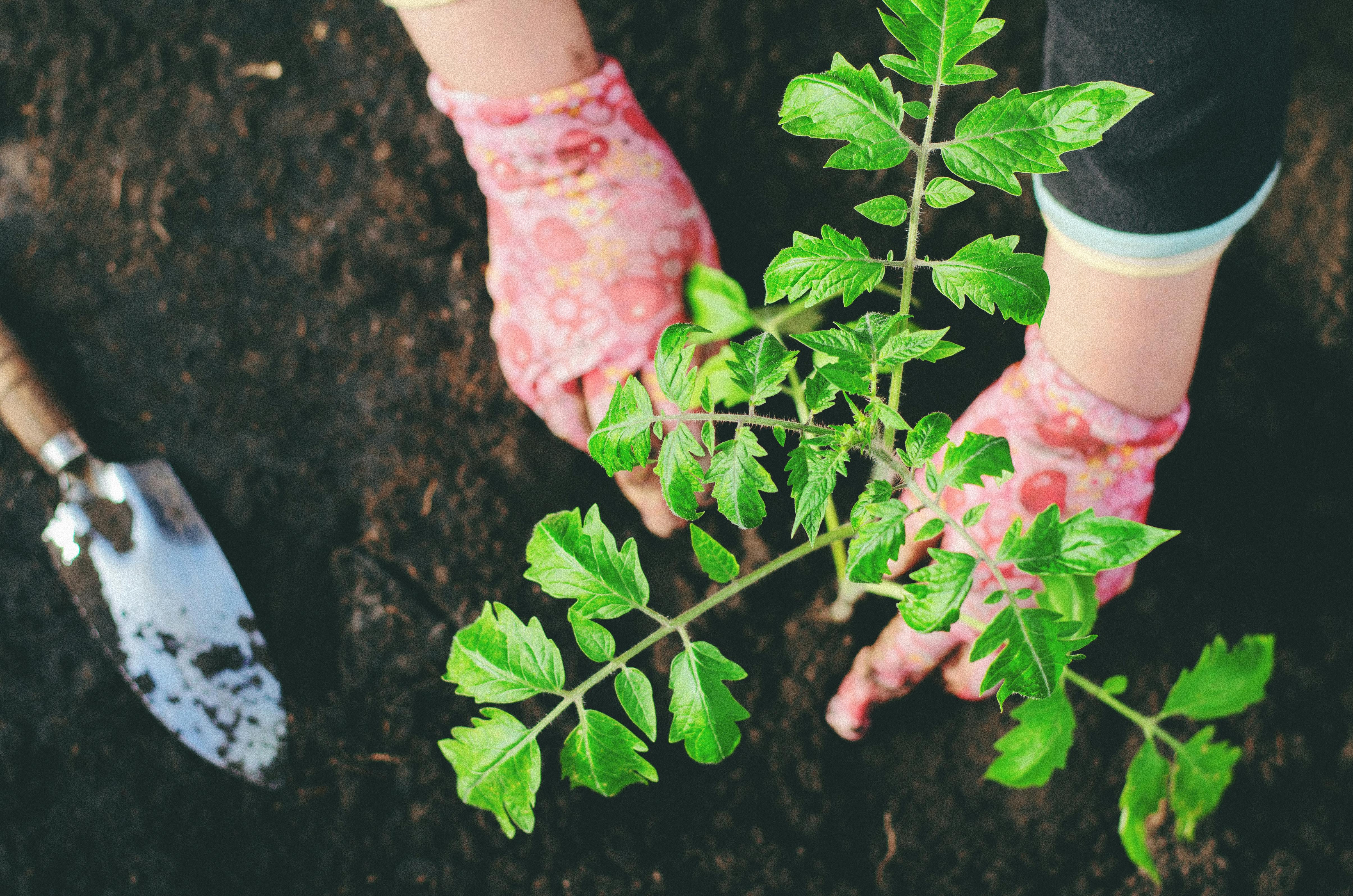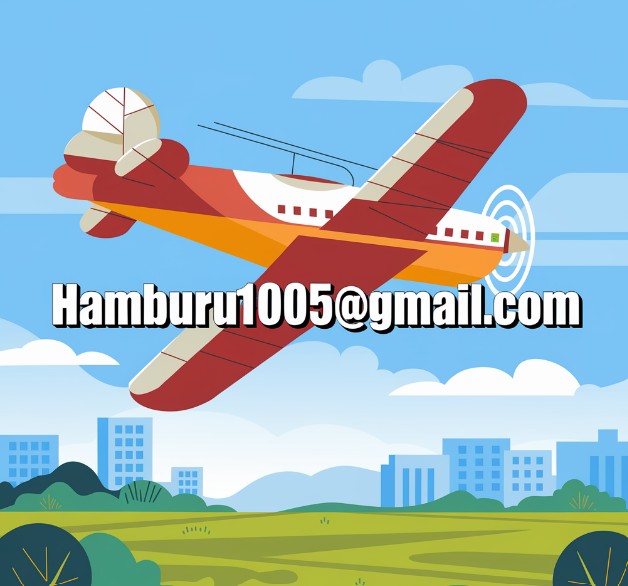| 일 | 월 | 화 | 수 | 목 | 금 | 토 |
|---|---|---|---|---|---|---|
| 1 | 2 | 3 | 4 | 5 | 6 | 7 |
| 8 | 9 | 10 | 11 | 12 | 13 | 14 |
| 15 | 16 | 17 | 18 | 19 | 20 | 21 |
| 22 | 23 | 24 | 25 | 26 | 27 | 28 |
Tags
- #플라즈마장치#플라즈마기술#플라즈마표면처리장치#플라즈마개질#플라즈마회사#플라스마#plasma#코로나처리
- #플라즈마표면처리#플라즈마표면개질#플라즈마장치#플라즈마장비#대기압플라즈마#플라즈마업체#코로나처리#플라즈마장비제작업체#플라즈마#상압플라즈마 #플라즈마살균#플라즈마수리#외국
- #플라즈마 표면처리 #플라즈마표면개질#플라즈마장치#프라즈마회사 #플라즈마업체#플라즈마표면개질#프라즈마 발생장치#프라즈마살균#프라즈마장치 수리#프라즈마장비#프라즈마실험장치#프
- #스마트팜#플라즈마스마트팜#양액플라즈마#플라즈마활성수#플라즈마살균#수경재배#식물공장#수직재배#플라즈마살균#플라즈마기술#플라즈마활성수
- 플라즈마살균#종자 플라즈마#신발플라즈마살균#음식물 플라즈마살균
- 종자발아기
- #플라즈마표면처리#플라즈마업체#플라즈마장치
- 쿨란트시스템
- 의료기기플라즈마살균
- 플라즈마협회#플라즈마대학#플라즈표면처리교수
- #플라즈마장치 #플라즈마표면처리
- 수질정화플라즈마#수처리플라즈마#플라즈마살균
- #대기압플라즈마#플라스마#플라즈마코팅#플라즈마발생기#프라즈마#플라즈마장비#진공플라즈마#화염플라즈마#PLASMA #상압플라즈마#플라즈마클리너#광플라즈마#플라즈마세정#저온플라즈마#AP플
- #플라즈마표면처리#플라즈마기술#대기압플라즈마#플라즈마장치#플라즈마장치#플라즈마업체#상압플라즈마#코로나처리기#플라즈마#플라즈마합지기#플라즈마전문회사
- #NewspaperArticle #PlasmaNews #PlasmaAssociation #PlasmaUniversity #PlasmaSurfaceTreatmentExpert #PlasmaSurfaceTreatmentProfessor #PlasmaSurfaceTreatmentPaper #PlasmaSurfaceTreatmentNew
- #스마트팜#플라즈마스마트팜#양액플라즈마#플라즈마활성수#플라즈마살균#수경재배#식물공장#수직재배#아쿠아포닉스 https:///www.plasmakorea.com
- #플라즈마 살균 #농산물 플라즈마처리#식자재 플라즈마살균#축산물 플라즈마처리#음식물 플라즈마처리#저장창고 플라즈마처리#플라즈마멸균#바이오 플라즈마처리#의료용 플라즈마 살균장치
- #플라즈마표면처리#플라즈마기술#대기압플라즈마#플라즈마장치#플라즈마장치#플라즈마업체#상압플라즈마#코로나처리기#플라즈마처리 #플라즈마처리장치#오존발생기#수처리플라즈마#플라즈
- #plasma surface treatment #plasma technology #atmospheric pressure plasma #plasma deviceatmospheric pressure plasma #corona treatment device #plasma treatment #plasma treatment device #ozone generator #water treatment plasma #plasma power supply https://p
- 분수대 살균
- #플라즈마표면처리#플라즈마기술#대기압플라즈마#플라즈마장치#플라즈마장치#플라즈마업체#상압플라즈마#코로나처리기 #플라즈마처리장치 www.plasmakorea.com
- 나노버블 #마이크로버블
- #플라즈마처리장치#악취제거플라즈마#냄새제거 플라즈마#수질개선 플라즈마#오존발생기#수처리플라즈마#플라즈마전원장치
- Google ai studo build 와 Firebase studio
- 바이포플라즈마
- #플라즈마 실험장치 #플라즈마실험장치 #실험용플라즈마장치 #플라즈마표면처리장치
- 플라즈마장치
- 마잉크로 버블#플라즈마버블
- #OzoneSterilizationWater #OzoneSterilization #PlasmaSterilization
- Digtal Transfomation #AI 시대 #감성
Archives
- Today
- Total
함부로
Advanced hydroponics technology and plant-specific optimization strategies 본문
Plasma Product
Advanced hydroponics technology and plant-specific optimization strategies
MU JI 2025. 3. 18. 18:41
Advanced hydroponics technology and plant-specific optimization strategies
Definition and advantages of hydroponics
• Hydroponics: Technology for growing plants using only water and nutrients without soil
• Main advantages:
o 90% reduction in water usage
o Freedom from land constraints
o Year-round production
o Easy pest control
o Labor savings
o Precise nutrient control
Advanced hydroponics technology
1. IoT-based smart monitoring system
• Real-time environmental data collection through sensors
o Measurement of pH, EC, temperature, humidity, CO₂ concentration, etc.
• Remote monitoring and control through mobile app
• AI-based automatic detection and alarm of abnormal signs
2. Artificial intelligence (AI) nutrient control system
• Optimal nutrient supply for each plant growth stage
• Development of customized nutrient recipes for each crop through machine learning
• Automatic detection and correction of nutrient imbalances
3. LED lighting optimization technology
• Provides customized photosynthetic effective wavelength (PAR) for each plant type
• Growth promotion through circadian regulation
• Energy Lighting control to maximize efficiency
4. Vertical Farming
• Maximize space efficiency through multi-layer structure
• Various structures such as A-frame, tower type, and rotary type
• Combined with LED lighting and automation systems
5. Aquaponics
• Combination of hydroponics and aquaculture
• Utilization of fish waste as plant nutrients
• Establishment of ecosystem circulation system
6. Aeroponics
• Supply of nutrients to root zone through fine mist
• Increased oxygen supply to promote growth
• Developed with NASA space farming technology
7. Robotic automation system
• Automatic sowing and harvesting
• Plant condition monitoring and disease diagnosis
• Precision work using robot arms
Optimal environmental conditions and technology for major hydroponic crops
1. Leafy vegetables (lettuce, spinach, kale, etc.)
• Optimal temperature: 18-24°C
• Humidity: 50-70%
• Sunlight: 14-16 hours/day
• Suitable system: NFT (Nutrient Film) Technique), DWC(Deep Water Culture)
• Special technology:
o Growth promotion with red LED and blue LED ratio 7:3 lighting
o Increase nutrient content by increasing light intensity for 4 days before harvest
2. Herbs (basil, mint, rosemary, etc.)
• Optimal temperature: 20-25°C
• Humidity: 40-60%
• Sunlight: 12-16 hours/day
• Suitable system: Aeroponics, drip system
• Special technology:
o Enhancement of fragrance components with 365 nm UV-A irradiation
o Increase essential oil content using water stress
3. Fruits and vegetables (tomatoes, peppers, cucumbers, etc.)
• Optimal temperature: 21-28°C (day), 16-18°C (night)
• Humidity: 60-80%
• Sunlight: 12-16 hours/day
• Suitable system: Drip system, bioponics
• Special technology:
o Through CO₂ fertilization Increase yield by 25-40%
o Promote pollination with Plant Shaking technology
4. Strawberry
• Optimal temperature: 18-22°C (day), 8-12°C (night)
• Humidity: 65-75%
• Sunlight: 10-12 hours/day
• Suitable system: Hanging gutter system, coconut coir
• Special technology:
o Increase sugar content with night blue light treatment
o Increase anthocyanin content through induction of cold stress
5. Mini fruits and specialty crops (melon, papaya, ginseng, etc.)
• Optimal temperature: 24-30°C
• Humidity: 70-85%
• Sunlight: 12-14 hours/day
• Suitable system: Biophonics, advanced drip system
• Special technology:
o Promote growth with bioelectric stimulation
o Control pests and diseases with special sonic treatment
Practical application of advanced hydroponics
1. Singapore SKY GREENS
• Vertical rotary A-frame hydroponic system
• Low-energy hydraulic rotation mechanism
• Achieved 10 times the production volume compared to traditional agriculture
2. Fully automated hydroponic plant of Japan's SPREAD
• Automation of the entire process through robots
• Production of 30,000 lettuces per day
• 50% reduction in labor costs, 30% increase in yield
3. Smart Farm of Korea Agricultural Technology Commercialization Foundation
• Big data-based growing environment control
• Customized nutrient supply system for each crop
• Remote monitoring and control system
Future technology outlook
1. Digital Twin technology
• Implementation of a digital replica of an actual farm
• Optimal environment prediction through simulation
• Predicting yield and quality in advance
2. Blockchain-based production history management
• Tracking the entire process from seed to consumer
• Ensuring safety and transparency
• Contributing to forming a premium price
3. Bionic Plants
• Fusion of nanotechnology and plant tissues
• Improved resistance to environmental stress
• Increased photosynthetic efficiency
4. Molecular Farming
• Hydroponics for Medicinal Protein Production
• Production of pharmaceutical raw materials such as vaccines and antibodies
• Development into a high value-added industry
Conclusion and Suggestions
• Hydroponics is a core technology for food security and sustainable agriculture
• Countermeasures to food production crisis due to climate change
• Acceleration of agricultural innovation through advanced technology convergence
• Need for government support and training of experts
This presentation can be used for seminars on advanced hydroponics technology and crop-specific optimization strategies. Key contents:
1. Introduction of advanced hydroponic technology:
o IoT-based smart monitoring system
o Artificial intelligence nutrient control
o LED lighting optimization technology
o Vertical farming, aquaponics, aeroponics
o Robot automation system
2. Optimal environmental conditions for major hydroponic crops:
o Leafy vegetables: 18-24°C, humidity 50-70%, sunlight 14-16 hours
o Herbs: 20-25°C, humidity 40-60%, sunlight 12-16 hours
o Fruits and vegetables: 21-28°C (day)/16-18°C (night), humidity 60-80%, sunlight 12-16 hours
o Strawberries: 18-22°C (day)/8-12°C (night), humidity 65-75%, sunlight 10-12 hours
o Special crops: 24-30°C, humidity 70-85%, sunlight 12-14 hours
3. It contains comprehensive content including actual application cases and future technology outlook.

'Plasma Product' 카테고리의 다른 글
| Plasma Technology Applications in the Beverage Industry (0) | 2025.09.28 |
|---|---|
| Plasma Surface Treatment (0) | 2025.03.25 |
| plasma surface treatment technology (0) | 2025.01.30 |
| Main Smart Farm Facilities and Devices for Plasma Technology (0) | 2025.01.30 |
| Plasma Technology in Smart Farms (0) | 2025.01.10 |


